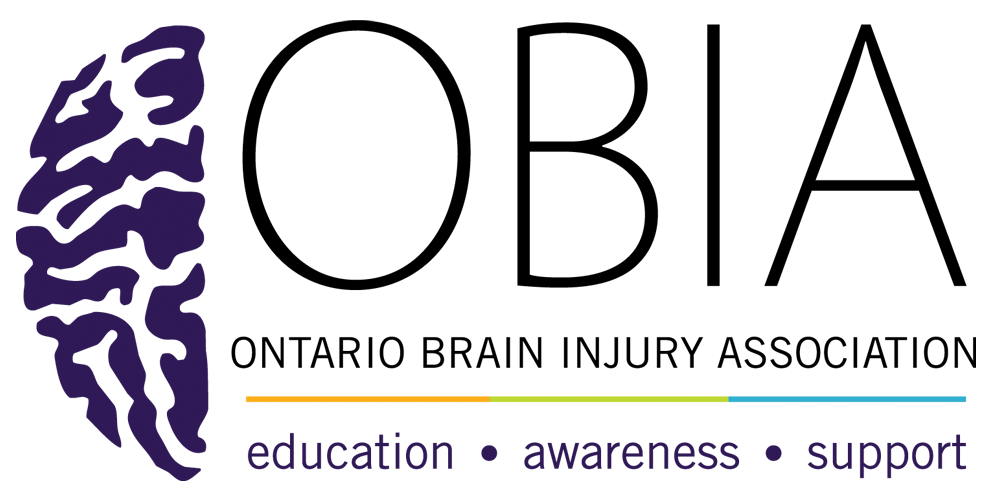Quick Facts
- After brain injury occurs it is very common for a person to become more self-centered and have difficulty showing empathy for others
- Empathy refers to one’s ability to identify and understand other people’s emotions and what they are experiencing.
What does it
look like?
- Express personal needs in a direct and demanding way
- Unawareness of another person’s thoughts, needs, feelings and experiences
- Inability to take the emotions of others into consideration
- Impatience or inability to wait for needs to be met
- Inability to resonate with other’s and see things from their point of view
- Lack of logical judgement and reasoning
Possible Causes and Complications
Possible causes:
- Poor communication and social skills
- Difficulty focusing attention
- Difficulty self-monitoring behaviour
- Characteristics of impulsive anger
- Changes in social skills
- Rigid thinking patterns
- Memory and learning difficulties
Possible complications:
- Loss of friendships and relationships is the most common complication of egocentricity
What can we do?
- Try to be understanding towards the individual when they are displaying a lack of empathy and egocentricity
- Promote an understanding of how their actions impact you and how they might impact others
- Encourage the individual to think about the impact of their actions before they speak or act
- Ask questions to direct their attention to information (e.g. “How do you think they would feel about …?” “What do you think their feelings and thoughts are about …?”)
- Praise, praise, praise – give the person lots of encouragement
- Reinforce waiting, turn – taking and social skills and efforts
- Nurture friendships and relationships
- Assist the individual in understanding what they need to do to make friends
- Support them to remember special occasions and birthdays
- Support the individual in developing positive communication skills
Encourage and prompt:
- Reminders/encouragement to say please, thank you and take turns
- Encourage them to ask someone what they would like to do
- Help the individual initiate contact and suggest possible activities with friends/family
Develop awareness:
- Direct attention to the thoughts, feelings, and needs of other people
- Suggest ways to begin conversations
- Model considerate and caring behaviour (“Did you notice that I asked him how he was feeling?)
- Talk with the person regularly and encourage them to pay attention to their communication and interactions with other people
- What went well?
- How would they feel if …
- What would they do differently?
- PRACTICE, PRACTICE, PRACTICE
- It may take time for social and communication skills to be learned
- Plan activities that build social and friendship skills
Disclaimer: This information is not meant to replace advice from a medical doctor. Consult a health care provider regarding specific medical concerns or treatment.

